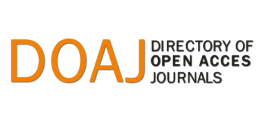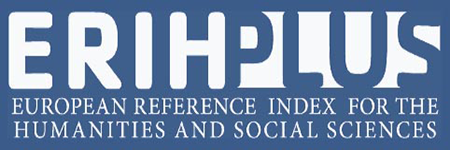No. 44-45 (2003): Modernization of public finances

Since the 1990s, the public finance sector in the Central American region has been promoting the modernization of the financial management of public institutions, a process that has developed in phases according to the budget cycle. This trend has shown the strengthening of this sector in different countries and its manifestations have been diverse and its results varied.
Some of the purposes of this strengthening of public finances in the area are to make it possible to bring the payment of contributions, the demand for services and the provision of those services resulting from this collection closer together, as a means of making the management of the public treasury more transparent and efficient, generating savings and providing greater need for responses to the national population.
The reforms introduced reflect changes in budgetary accounting systems. Thus, the growing commitment of public administrations to show greater transparency in the allocation and application of public resources has led them to adopt alternative budgeting, spending and accounting schemes that are fundamentally oriented towards obtaining results and have the capacity to generate solid information systems.
In this sense, the Organization for Economic Cooperation and Development (OECD) has identified seven criteria to appropriately undertake the objectives of budget modernization, whose reforms, in a sequential manner, include the following:
*Macro-fiscal rules
*Multi-annual budgeting
*Strategic planning of public agencies
*Relaxation of internal controls
Accounting and management on an accrual basis *Relaxation of internal controls *Relaxation of internal controls
*Performance evaluation
¨*Performance agreements
Some of these measures have already been implemented in Central America. Their most relevant effects, which are not yet fully appreciated, is the beginning of important processes of reflection and analysis on the type and form of management with which public entities exercise their competencies, which are obviously projected in the medium term, but are those that can ultimately ensure better performance to meet collective needs.
Hence, the importance of making a call to the urgency of continuing with the improvement of the governmental financial administration, as a way to contribute to a correct procurement and allocation of public funds, for a better welfare of the community.
These readings that today the Central American Institute of Public Administration, ICAP, makes available to its readers, are a recognition of the efforts made by their authors, as a positive contribution to the trend towards an invigorated public administration, which allows a better coexistence in the Central American Isthmus.









